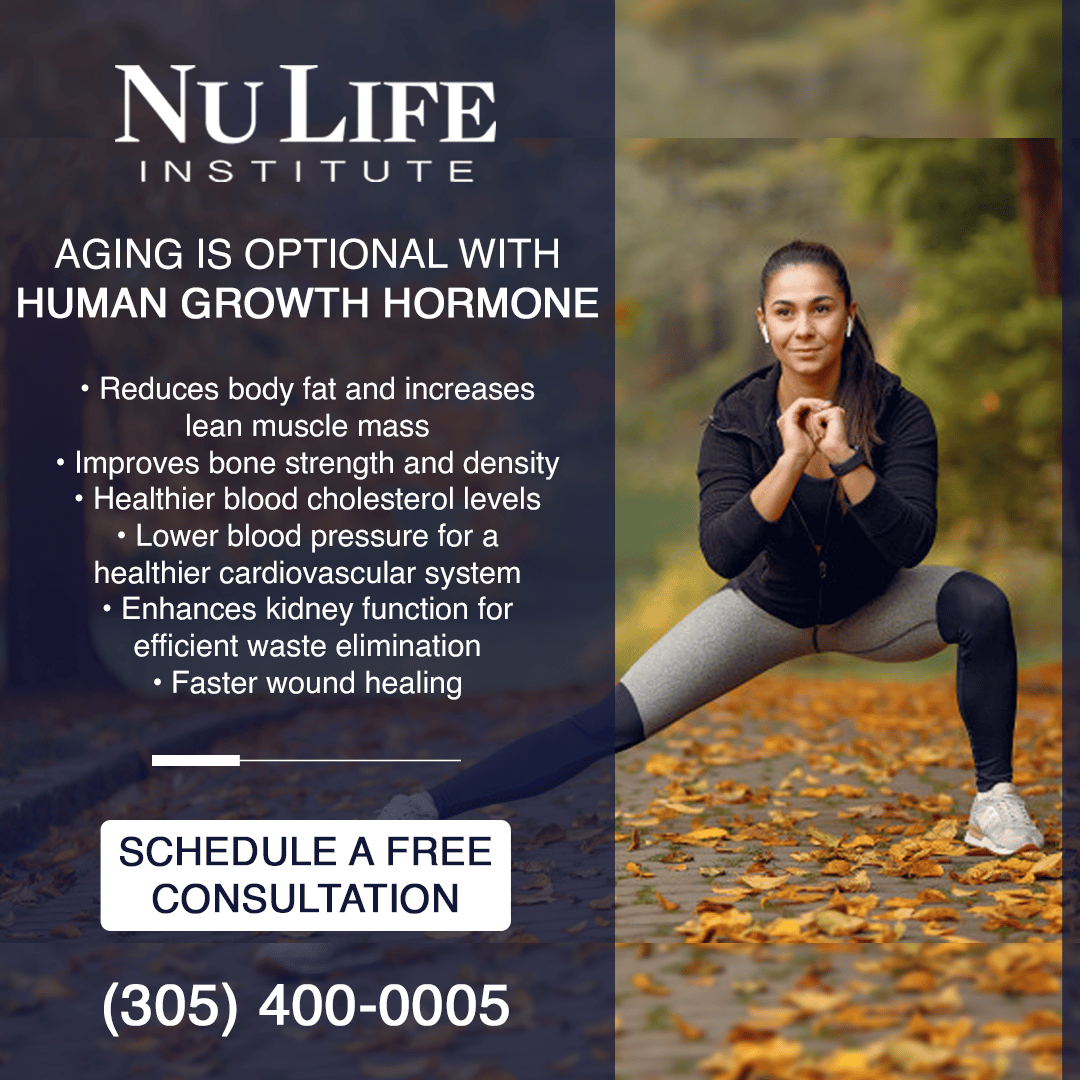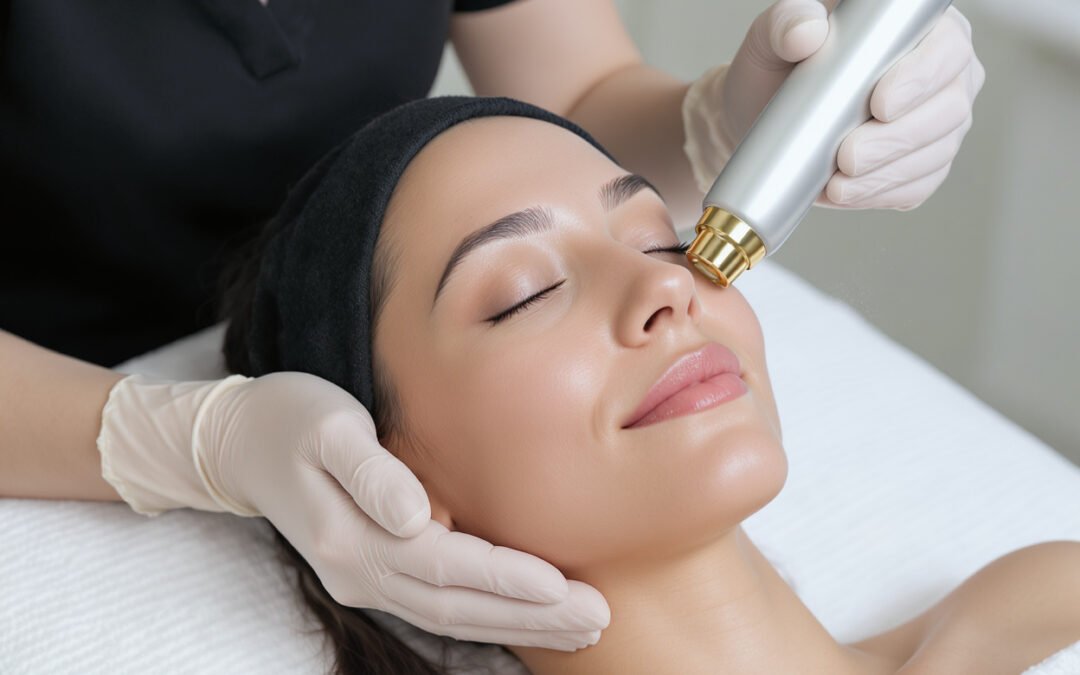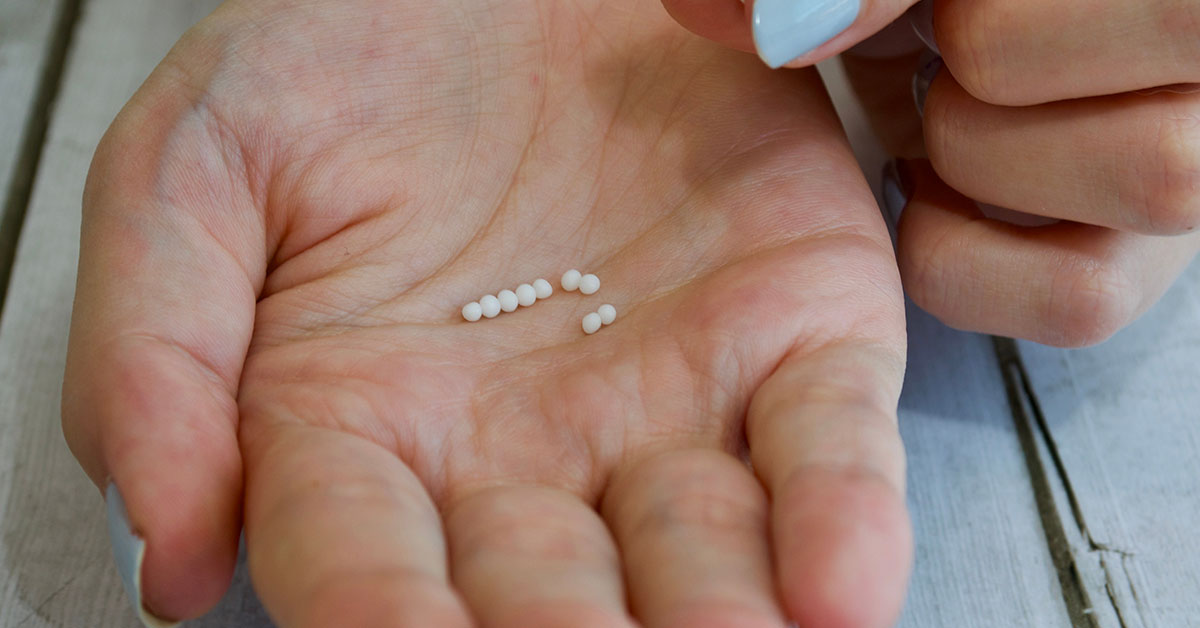
From Fitness to Aging: Exploring the Role of Growth Hormone in Health
TABLE OF CONTENTS
Growth hormone, also known as somatotropin, is a peptide hormone that stimulates growth, cell reproduction, and cell regeneration in humans and other animals. It plays a crucial role in promoting development and is integral to various physiological processes. Human growth hormone (HGH) is produced by the pituitary gland and has profound effects on multiple body tissues and organs.
HGH levels are typically elevated during childhood and adolescence, supporting the rapid growth spurt that occurs at this life stage. However, as we age, growth hormone levels decrease, which is a natural part of the aging process. Despite this, there is significant interest in HGH for potential anti-aging effects and its role in muscle development, increasing height, and improving overall vitality.
The Biological Role of Growth Hormone
Growth hormone impacts almost every cell in the body. It enhances protein synthesis, promotes the lipolysis of fat for energy use, and increases glucose production in the liver. By doing so, HGH plays a critical role in maintaining a healthy body composition by reducing fat and increasing lean body mass.
On the cellular level, growth hormone directly influences the body by binding to specific receptors on the surface of cells, leading to an increase in muscle mass and bone density. It also works indirectly by stimulating the liver and other tissues to produce insulin-like growth factor 1 (IGF-1), which further facilitates anabolic effects in tissues throughout the body, particularly in bones and muscles.
Implications and Uses of Growth Hormone
While initially growth hormone was primarily associated with treating growth disorders in children, its implications have extended significantly. In adults, it is used in treating growth hormone deficiency (GHD), a condition which can result in decreased bone density, muscle mass, and an increase in body fat. Therapy with synthetic HGH can be of immense benefit in such cases.
Beyond medical applications, HGH has gained popularity in the world of athletics and bodybuilding for its potential to enhance physical performance and improve muscle growth. However, it is important to note that the non-medical use of growth hormone is controversial and often considered illegal in professional sports due to its performance-enhancing effects.
Growth Hormone and Anti-Aging
The interest in HGH as an anti-aging treatment has stirred considerable debate in the medical community. Some researchers suggest that since natural growth hormone levels decrease with age, supplementation might improve body composition, boost energy, and even reverse some signs of aging. However, scientific evidence on this front is limited and the use of HGH for purely anti-aging purposes is not approved by the FDA.
While some studies have shown minor benefits, such as increased muscle mass in older individuals, these effects can come with risks such as joint pain, insulin resistance, and potential increased risk of diabetes. For these reasons, anyone considering HGH therapy for anti-aging purposes should proceed with caution and under medical supervision.
Risks and Considerations
Despite the potential benefits, HGH therapy is not without risks. Adverse effects can include edema (swelling due to fluid in tissues), joint and muscle pain, high cholesterol levels, and increased risk of diabetes and cancer. Misuse, especially in individuals without a deficiency, can exacerbate these risks.
It is critical to consult healthcare professionals before pursuing HGH therapy. Comprehensive evaluation and precise medical guidance are necessary to minimize risks and to ensure that therapy is appropriate based on individual health needs and goals.
For more detailed information about HGH, you can explore resources from, Google Sites, Body Piercing Guide, and Steroid.com.
Conclusion
Growth hormone holds significant promise for individuals with specific health conditions and for those aiming to improve certain physical attributes. However, its use must be carefully monitored and prescribed by medical professionals. While its benefits for treating deficiencies and specific conditions are well-established, more research is necessary to fully understand its potential role in anti-aging and performance enhancement.
Ultimately, responsible and informed use can maximize the benefits of growth hormone therapy while minimizing the associated health risks.
FAQs
-
- What is growth hormone?Growth hormone is a peptide hormone that stimulates growth, cell reproduction, and regeneration in humans. It is produced by the pituitary gland and has crucial roles in development and body maintenance.
-
- Why is HGH used in medicine?HGH is used to treat children and adults with growth hormone deficiencies to improve growth, increase bone density, and enhance muscle mass.
-
- Is growth hormone safe for anti-aging treatments?Although there is interest in its anti-aging properties, the use of HGH for this purpose is not FDA-approved, and it can pose health risks if misused.
-
- Can athletes legally use HGH?No, the use of HGH for performance enhancement in professional sports is considered illegal and is banned by most sports organizations.
For more insights and discussions, you might find resources such as Hanna Houston Podcast and channels like NBC News informative. Moreover, YouTube videos such as this one can provide additional perspectives.
Growth hormone (GH), also known as somatotropin, is a peptide hormone that plays a crucial role in stimulating growth, cell reproduction, and cell regeneration in humans and other animals. It is secreted by the somatotropic cells in the anterior pituitary gland in response to growth hormone-releasing hormone (GHRH) from the hypothalamus. GH acts on various tissues in the body, most notably the liver, where it stimulates the production of insulin-like growth factor-1 (IGF-1), a hormone that further promotes growth effects. While commonly associated with childhood growth and development, GH continues to have significant roles in adult metabolism, providing substantial benefits in terms of muscle maintenance, bone density, and overall health.
GH release occurs in a pulsatile fashion, with several peaks throughout the day, although it is particularly pronounced shortly after the onset of deep sleep. Its secretion is highest during childhood and adolescence, which aligns with periods of rapid physical growth. As people age, the levels of GH decline, which is why some older adults may experience reductions in muscle mass and bone density. Factors influencing GH secretion include exercise, nutrition, sleep, and stress levels. Intense physical activity can increase GH levels, promoting muscle growth and fat metabolism, highlighting the interconnected nature of lifestyle choices and hormonal health.
In the context of disorders, abnormalities in GH production can lead to significant health issues. Excessive production of GH in children can result in gigantism, a condition characterized by abnormally large stature due to accelerated long bone growth. In adults, excessive GH can lead to acromegaly, marked by the overgrowth of bones and tissues, leading to noticeable changes in appearance and various metabolic dysfunctions. Conversely, insufficient GH production results in growth hormone deficiency (GHD), a condition that, in children, can lead to stunted growth and development, while in adults, it may result in fatigue, decreased muscle mass, and diminished quality of life.
Given the significant effects of GH on the body, it has been synthesized and used as a therapeutic agent for various conditions. Recombinant human growth hormone (rhGH) is used to treat GH deficiency in children and adults, helping to promote normal growth and metabolism. The use of rhGH extends to treating conditions such as Turner syndrome, chronic kidney disease, and muscle-wasting diseases associated with HIV/AIDS. However, its use beyond these medical applications has garnered controversy, particularly in the context of performance enhancement in sports and anti-aging treatments, raising ethical and health concerns about the potential side effects of such practices.
Research into GH continues to uncover its broad impact on human health. New studies are investigating its potential roles in disease prevention, recovery from injury, and aging. Understanding the complex interactions between GH and other bodily systems is crucial as scientists seek to harness its benefits while mitigating risks. As we continue to explore the multifaceted roles and effects of growth hormone, it remains a field of vibrant research with significant implications for both medicine and athletics. Balancing its use within ethical and medical boundaries will be essential in maximizing its benefits for human health and well-being.

















